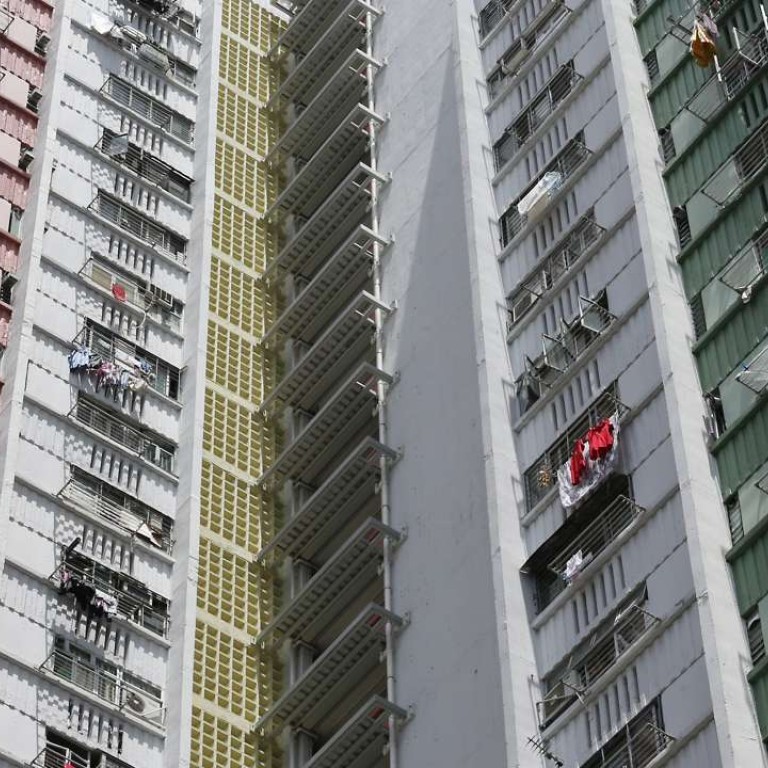
Hong Kong government’s efforts to address housing problem are showing results
To resolve the problem at source, this government has been increasing housing land supply through a multipronged approach. Reflecting our sustained efforts, the projected supply of first-hand residential properties for the coming three to four years has reached 96,000 units as at end-March this year.
As it takes time for new supply to materialise, the government also introduced several rounds of demand-side management measures to address market exuberance. These measures have achieved notable results.
The Special Stamp Duty (SSD) is particularly effective in combating speculative activities. In the first quarter of 2017, there were only 38 cases per month (0.7 per cent of total transactions) involving confirmor transactions or resale within 24 months, much lower than that from January to November 2010 (2,661 cases or 20 per cent of total transactions), before SSD’s introduction.
The Buyer’s Stamp Duty (BSD) effectively curbs external demand. Purchases by non-local individuals and non-local companies stayed low at 81 cases per month (1.5 per cent of total transactions) in the first quarter of 2017, much lower than that from January to October 2012 (365 cases or 4.5 per cent of total transactions) before BSD’s introduction.
The government’s recent announcement of increasing the ad valorem stamp duty (AVD) rates for residential property transactions to a flat 15 per cent, with effect from November 5 last year, aims to reduce investment demand and accord priority to the home ownership needs of Hong Kong permanent residents who do not own any residential property in the city.
As an indicator of investment activities, there were 288 transactions per month (5.3 per cent of total transactions) in the first quarter of 2017 involving permanent resident purchasers who owned at least one residential property at the time of acquisition. This was markedly lower than that from January to November last year (1,181 cases or 22.1 per cent of the total), before the new 15 per cent AVD rate was introduced.
Looking ahead, the government will continue its efforts to increase housing supply, and will closely monitor developments in the property market and the ever-changing external conditions with reference to a series of indicators.
Joyce Kok, principal assistant secretary for transport and housing (housing) (private housing)

